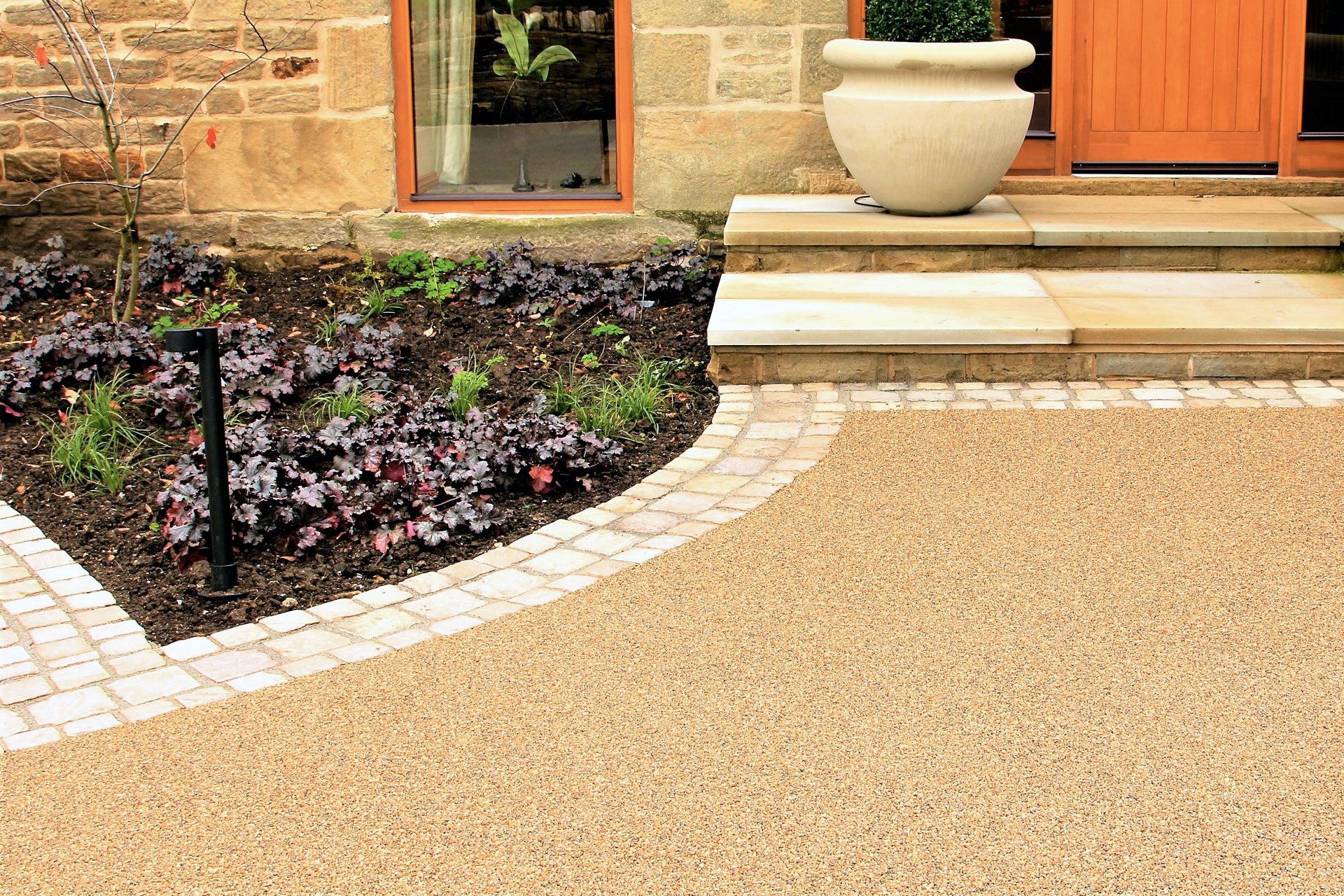Resin vs. Classic: Why Your Next Pavement Should be Polymer
When it comes to upgrading your home’s exterior, the pathway often is frequently neglected. Yet, it plays a vital role in the overall appearance and usefulness of your property. With so many options to choose from, it can be hard to determine which type of material is ideal for your needs. One option that has gained popularity in the last few years is the resin driveway. This cutting-edge solution provides countless benefits over traditional paving methods, rendering it an ideal choice for boosting the curb appeal of your curb appeal.
Selecting a resin driveway not just transforms the look of your property but also gives practicality and durability. Unlike old materials like concrete or asphalt, resin is designed to tolerate the conditions while maintaining its beautiful appearance over the long haul. In this article, we will explore the benefits of a resin driveway could be the best investment for your home, highlighting its visual benefits, simplicity of care, and durable qualities that make it stand out from traditional choices.

Benefits of Synthetic Driveways
One of the main benefits of resin pavements is their longevity. Unlike traditional materials such as tar or concrete, resin-bound surfaces are very resistant to cracking, marking, and deterioration caused by climatic conditions. This means that a resin driveway can withstand heavy traffic and harsh elements without losing its visual appeal or functionality over time.
Another significant benefit is the variety of design options on offer. Resin driveways can be tailored with multiple colors, textures, and finishes, allowing homeowners to create a distinct look that enhances their property. Whether you prefer a sleek modern appearance or a more rustic feel, resin can be adapted to fit your vision, enhancing the overall street presence of your home.
Additionally, resin pavements offer excellent permeability. The permeable nature of resin enables rainwater to percolate through the surface, minimizing the risk of puddles and standing water. This not only helps in managing stormwater but also avoids flooding issues that can occur with traditional driveways. Furthermore, their environmentally friendly characteristics contribute to sustainability, making resin an appealing choice for environmentally conscious homeowners.
Cost Comparison: Resin vs. Conventional
When considering a new driveway, price is often a major concern for homeowners. Traditional materials such as concrete or bitumen typically have reduced upfront installation costs compared to resin driveways. However, it is important to consider the long-term maintenance costs as well. Traditional driveways often require sealing, patching, and refurbishing over time, which can add up significantly.
Resin driveways, while at first more expensive, offer significant savings in maintenance. Once installed, resin surfaces are designed to be durable and are resistant to common issues like cracking and potholes. The lack of regular upkeep means that homeowners may find themselves saving in the long run, as resin does not require the constant repairs that traditional materials often do.
Additionally, the aesthetic value of a resin driveway can improve your property’s appeal, possibly increasing its market value. While the initial investment might be greater, the mix of lower maintenance costs and improved property value makes resin a more cost-effective choice when considering the total benefits.
Establishment and Upkeep Aspects
Setting up a resin driveway entails meticulous planning and a few important steps to ensure a durable finish. The area must be prepped, which entails eliminating any old material and securing suitable drainage. A good base is essential, often made from crushed stone or similar aggregates, allowing for stability and durability. Working with a skilled installation team can make sure that the blend of resin and aggregates is applied correctly and consistently, enhancing strength and resilience.
After installed, resin driveways are generally low upkeep versus traditional options. Routine cleaning with a broom or hose is commonly adequate to keep the area free of debris. In case any stains arise, they can often be cleaned off using a gentle detergent and water. Unlike concrete or asphalt, which may necessitate repair, resin surfaces tend to withstand cracking and fading, rendering them an outstanding long-term investment for homeowners.
While resin driveways are designed to last, it is essential to consider their longevity in relation to intensive use. For example, avoiding parking heavy vehicles in the same area repeatedly can prevent excessive wear. Additionally, maintaining sufficient drainage will aid prevent water pooling, which can impact the integrity of the surface over time. With little effort, a resin driveway can keep its beauty and performance, enhancing the overall attractiveness of your home.